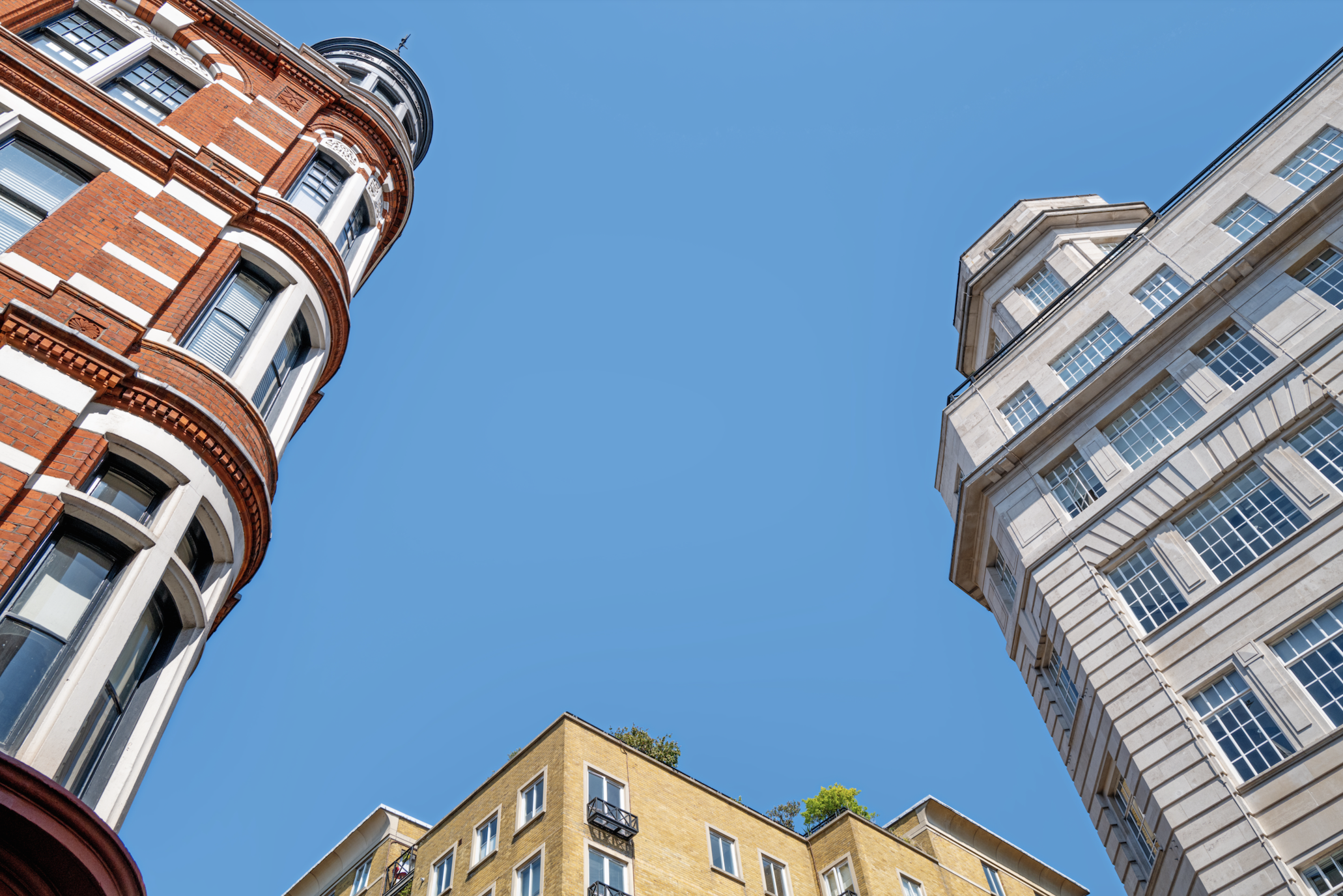The Cost of Property Investment

Property investment is often seen as one of the most reliable ways to build long-term wealth. However, like any investment, it comes with its own set of costs that you need to factor in before diving in.
In this blog, we’ll break down the various costs of property investment so you can better prepare for what’s ahead and avoid any unwelcome surprises along the way.
1. Initial Purchase Costs
The first and most obvious cost associated with property investment is the price of the property itself. However, the purchase price is just the tip of the iceberg, and there are several additional expenses to consider when buying a property:
- Stamp Duty: This is a tax on property purchases and varies depending on the price of the property and whether you're a first-time buyer or an investor. For property investors, the rate tends to be higher than for buyers. There is also an additional surcharge for Overseas Investors. It’s important to calculate how much stamp duty you’ll need to pay before making an offer.
- Legal Fees: You’ll need a solicitor or conveyancer to handle the legal side of the property transaction. These fees can vary depending on the complexity of the purchase but typically range from £1,500 to £2,000 including things such as searches and Land Registry fees
- Survey and Inspection Costs: It's always wise to have a property survey done to ensure there are no hidden issues. The cost will depend on the type of survey you choose, with basic ones costing around £350 and more thorough surveys, like a Level 3 (also called Structural) survey, going up to £1,000 or more; a big difference but you notably get what you pay for when it comes to surveys.
- Lending and Mortgage Broker Fees: While instructing a mortgage broker is not an obligation, we always recommend working with someone who is paid for saving you money. You may have to fork out up to another £1,000 on this, but will usually save loads more in the long run with the best mortgage rates. Mortgage Arrangement fees are a different story, though! Sometimes, lenders add fees to their mortgages to make the interest rates seem lower, and these fees can range from a few hundred, to tens of thousands! A good mortgage broker will explain the exact math behind this, and advise on the most cost effective route forward, whether it be with the fees, or with a slightly higher monthly rate but no fees.
- Valuation Fees: Lenders often require a valuation of the property before approving a mortgage. The cost of this can range from £150 to £1,500, depending on the value of the property.
- Sourcing Fees: If you’ve decided to use a property sourcer to help you find the right investment, there will be an additional cost for their services. Property sourcers typically charge a sourcing fee, which can range from £3,000 to £7,000 or more, depending on the property’s value and the complexity of the deal. These fees are paid for the sourcer’s expertise in finding, researching, and securing a property that meets your investment goals. While this adds to the initial costs, it can save you time and effort in sourcing properties that align with your strategy.
2. Ongoing Costs
There are several ongoing expenses that you’ll need to budget for too:
- Mortgage Payments: If you’re financing your property purchase with a mortgage, your monthly repayments will be one of the largest ongoing expenses. Mortgage costs can vary depending on the loan amount, interest rates, and the length of the loan term.
- Insurance: As a property owner, you’ll need to protect your investment with the right type of insurance. This might include buildings insurance, contents insurance, and landlord insurance if you plan to rent out the property.
- Maintenance and Repairs: Over time, your property will require maintenance and repairs to keep it in good condition. From regular tasks like lawn care and painting to unexpected repairs such as a leaking roof or faulty plumbing, maintenance costs can vary widely. It’s important to set aside an emergency fund for these unexpected repairs.
- Certificates and Licences: Depending on the Local Government Regulations, and the type of property, there will be different certification and licencing requirements. While these are usually only required once a year or few years, it is important to keep them in mind when budgeting or evaluating a potential investment.
- Property Management Fees: If you plan to rent out your property but don’t want to handle the day-to-day tasks of managing tenants, you can hire a property management company. These companies typically charge a monthly fee of around 10-15% of the rental income.
3. Renovation and Improvement Costs
If you’ve purchased a property that requires some work—whether it’s a cosmetic facelift or a full renovation—you’ll need to budget for these costs as well. Renovating a property can increase its value, making it a potentially lucrative investment. However, it can also be expensive, depending on the extent of the work needed.
- Renovation Costs: Depending on the size and condition of the property, renovation costs can range from a few thousand pounds for cosmetic updates like painting and flooring, to tens of thousands for more extensive work like rewiring, plumbing, and structural repairs.
- Planning Permissions and Building Regulations: If you’re planning any major renovations or extensions, you’ll need to account for costs related to securing planning permissions and meeting building regulations. These fees can vary depending on the work being done but should be factored into your budget.
- Specialist Remediation Costs: these are the costs you incur when you discover something that was not so easy to spot at the first glance, such as asbestos, extensive damp, Japanese knotweed or other invasive species, or environmental issues such as bats nesting in the attic. Remediating any of the above is extremely costly due to their sensitive or dangerous nature, and can very easily make the property deal non-viable. This is why we will always advise a good survey by a reputable surveyor – it’s your insurance policy against this.
4. Taxation Costs
While property investment can be a great way to build wealth, it also comes with tax responsibilities that vary depending on your personal circumstances and the type of investment you’re making:
- Income Tax on Rental Income: If you’re renting out your property, the income you generate will be subject to income tax. The amount you pay will depend on your total income and the applicable tax rate. Make sure to keep detailed records of your rental income and expenses, as you may be able to deduct certain costs (like mortgage interest and maintenance) from your taxable income.
- Capital Gains Tax (CGT): When you sell a property, you may be subject to capital gains tax on any profit you make. However, there are exemptions for properties you’ve lived in as your primary residence. If you're selling a buy-to-let property, you’ll need to account for CGT on any profit made.
- Inheritance Tax: Property investments may also be subject to inheritance tax if you pass the property on to someone else after your death. It's important to seek advice from a tax professional or financial planner to understand the potential inheritance tax implications.
- Accountant/SPV management costs: SPV (Special Purpose Vehicle) is usually just a fancy term for a Limited Company, which is set up to shield the investor from different forms of liability, including certain taxes. The maintenance of the actual company is currently £34/year, however, the real cost (and likely tax savings) come from employing an Accountant/Tax adviser. They will charge ongoing rates for filing your company and HMRC accounts, but should be able to advise on the best routes to save Tax and retain the most profit.
5. Exit Costs
When it comes time to sell your property, there are a few exit costs to consider:
- Estate Agent Fees: If you’re selling through an estate agent, you’ll need to pay their commission, which typically ranges from 1-3% of the sale price.
- Capital Gains Tax (CGT): As mentioned earlier, you may be liable to pay CGT when you sell your property, so it’s important to factor this in when calculating your return on investment.
- Renovation Costs Before Sale: If you plan to sell a property after renovating it, you might incur additional costs to make the property more appealing to buyers, including staging costs or further repairs.
Final Thoughts: Is Property Investment Worth It?
Property investment can be a profitable venture, but it’s crucial to understand the costs involved at every stage—from purchasing and maintaining the property to the taxes and fees that come with selling it. By factoring in these expenses and budgeting accordingly, you can ensure that your property investment delivers the returns you’re hoping for.
At Donelan Property, we can help you navigate the property investment process, from sourcing the right properties to providing advice on costs and strategies to maximise your returns. If you're ready to take the next step, get in touch with our team today!
More insights & news
Unlock the full potential of your property investments
Get in touch and let's talk about how we can elevate your property investments. Reap the rewards of a stable income and significant capital growth with our expert insights and tailored strategies.









